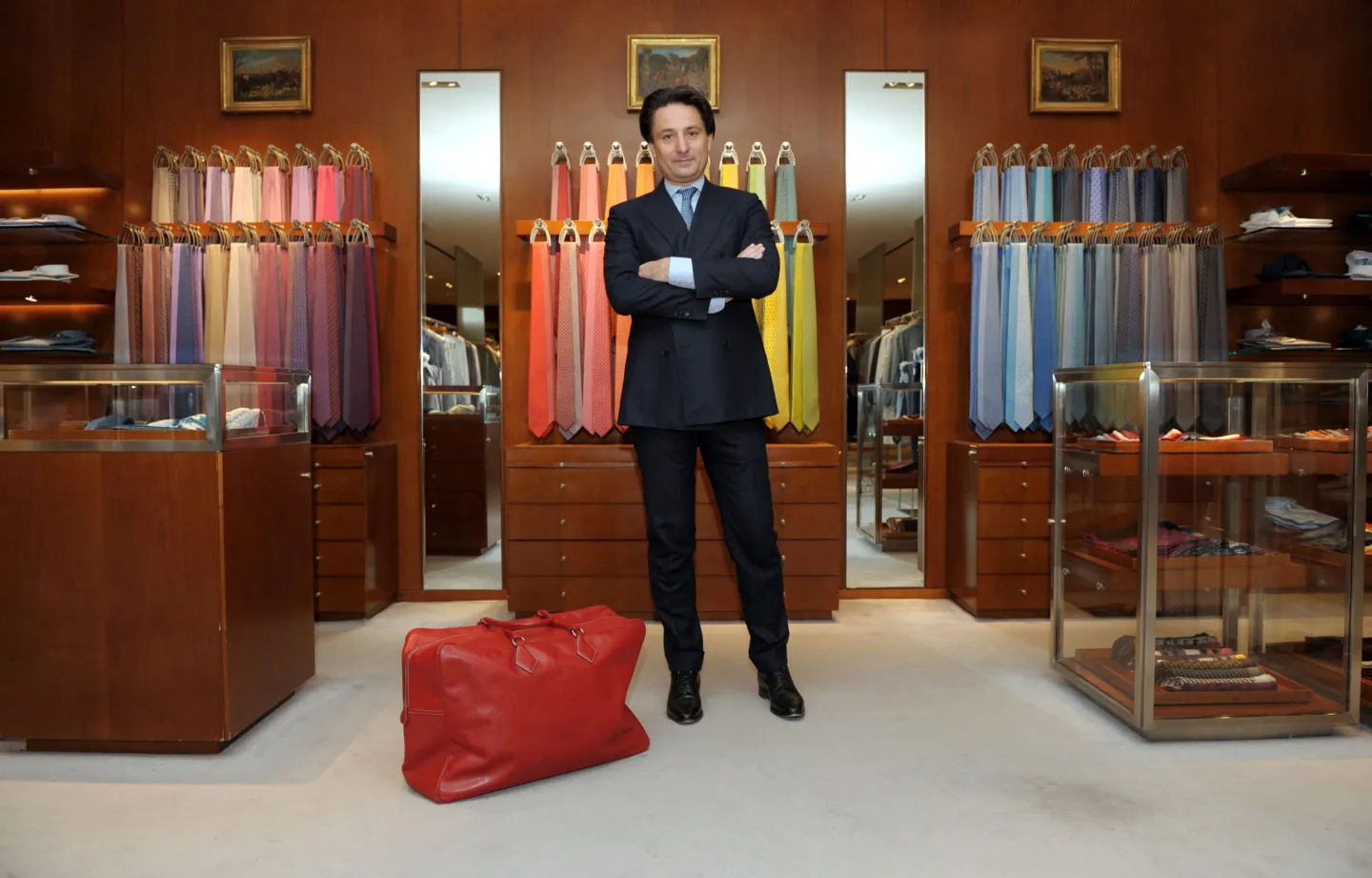When Hermès CEO Axel Dumas admits that spotting new Birkin bags on resale sites puts him in a “bad mood,” you know the situation is serious.
In the brand’s Q2 2025 earnings call, Dumas voiced his dissatisfaction with what he described as “false customers”—people entering Hermès stores solely to buy bags for resale. This practice, he says, hampers the experience for genuine clients and threatens the brand’s integrity.

Secondhand Birkin Resale Sparks Tension
Birkin bags, long revered as symbols of craftsmanship and exclusivity, retail for over $10,000 USD. Yet, an increasing number of unworn pieces are appearing on the resale market shortly after purchase—a trend that doesn’t sit well with Hermès leadership. Dumas said, “I’m not at all happy to see this development,” hinting at growing internal frustration over the erosion of rarity that he sees as essential to Hermès’ identity.
While Hermès stays out of the resale business entirely, competitors like Kering have embraced secondary platforms. Dumas emphasised that Hermès prefers relationships built on manufacturing costs rather than speculative desire, arguing that secondary market activity risks diluting the brand’s authenticity.
Hermès Performance Stays Strong Amid Resale Woes

Despite the CEO’s visible frustration, the business itself remains remarkably steady. During the same quarter, Hermès reported €8 billion ($9.13 billion) in revenue, representing an 8% year-over-year increase. Leather goods and saddlery outperformed all categories with near 15% growth, indicating continued demand for the brand’s core products.
Meanwhile, stock prices dipped briefly—down 4.5% after hours and hovering about 2% lower for the year overall—but analysts continue to admire Hermès’ resilience in an environment where peers like LVMH and Kering are grappling with decline.
What This Means for You—and Hermès’ Collectors
For Hermès buyers: Be prepared for tighter in-store access. Hermès may further minimise speculation by strengthening client selection criteria.
For resale seekers: Dumas’ remarks signal mounting scrutiny. Secondary-market supply may grow—but so could authenticity checks and pricing pressures.
For investors: The prestige of owning a Birkin might carry more than aesthetic appeal—it’s a statement of rarity. The brand’s resistance to resale underscores its commitment to scarcity and heritage.
Bottom Line
Axel Dumas’ candid remarks highlight a growing tension at the heart of luxury fashion: maintaining exclusivity in a world where resale platforms and knockoffs are increasingly accessible. As Hermès steers clear of pre-owned markets, it underscores a deliberate choice to protect its legacy using control and craftsmanship—not speculation.
In a market where some brands embrace resale and others pivot toward sustainability, Hermès is doubling down on its traditional strengths. Whether this strategy holds in the long run depends on how the resale economy and consumer expectations evolve—and how brands maintain their magic in the process.




